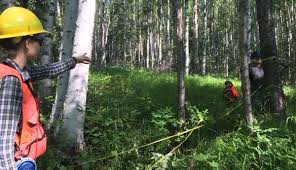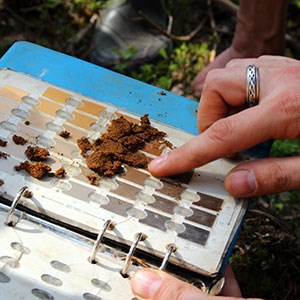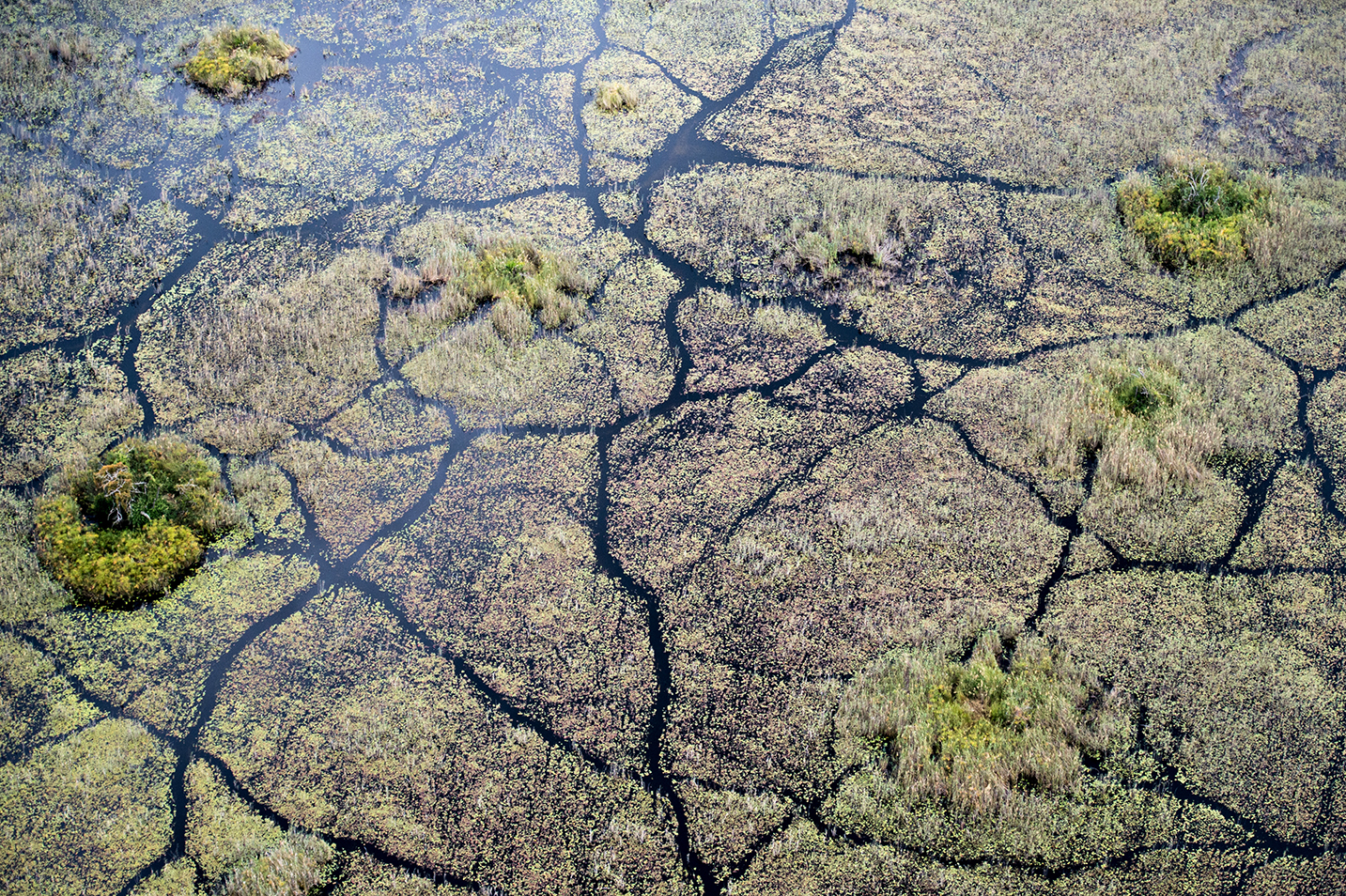STEM Career Connections
SCIENCE: Soil Scientist

Work Description
Soil scientists study the physical and chemical properties of soil. A soil scientist reviews the distribution, origin, and history of soil and plants, as well as identifying, interpreting, mapping and/or managing soils. This field is commonly applied for agricultural purposes. Fieldwork is frequently required.
Why is this job Important?
Soil scientists are important for a number of reasons:
- find ways to increase soil productivity
- conserve soil's properties
- preserve soil quality
- prevent erosion
- monitor pollution
Education
Soil scientists require a bachelor’s degree in science disciplines such as botany, biology, agriculture, geology, forestry, environmental science or agronomy. Those who wish to become a soil scientist that works as a consultant in the environmental, commercial, horticulture, and/or agriculture sectors need a master’s degree in the aforementioned fields. To work in research or a university position, a Ph.D. in one of the previously listed fields is required.
Related Fields
NASA Connections
Job Title NASA Examples:
- Soil Fertility Expert
- Soil Mapper
- Soil Surveyor
NASA Career Links:




